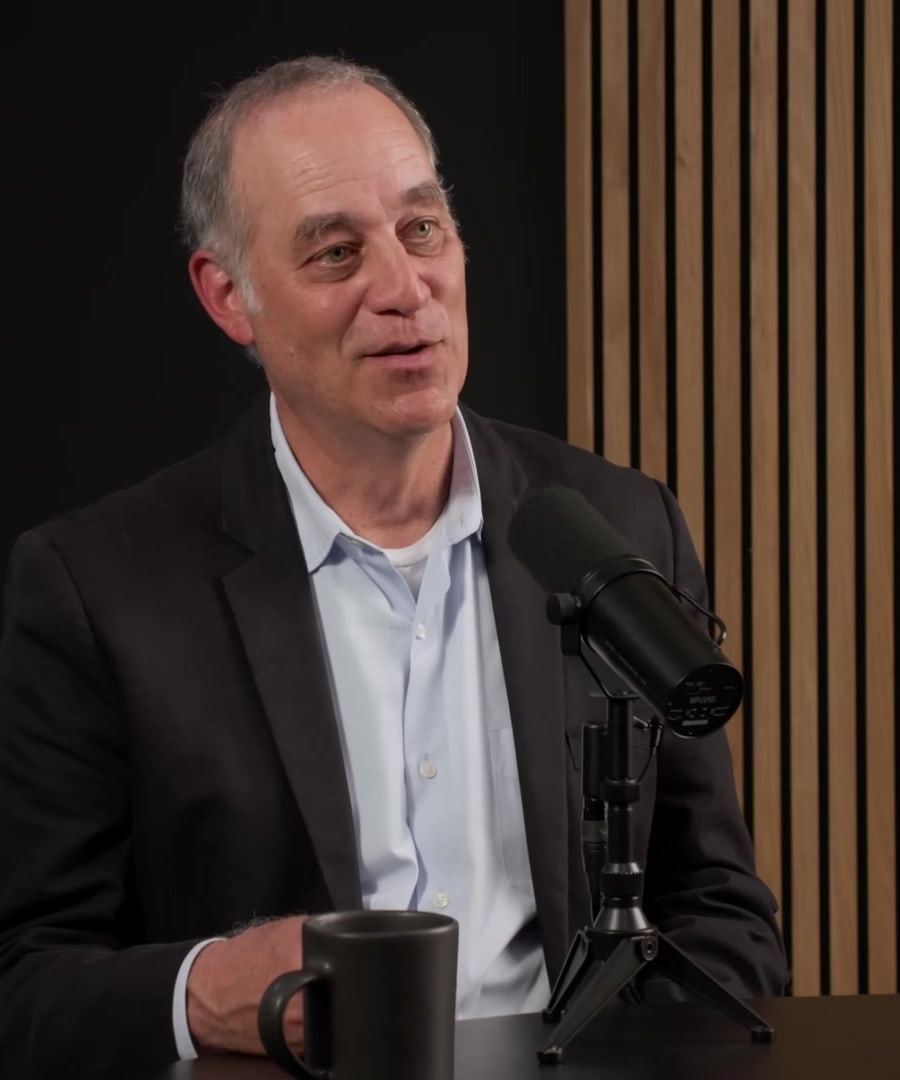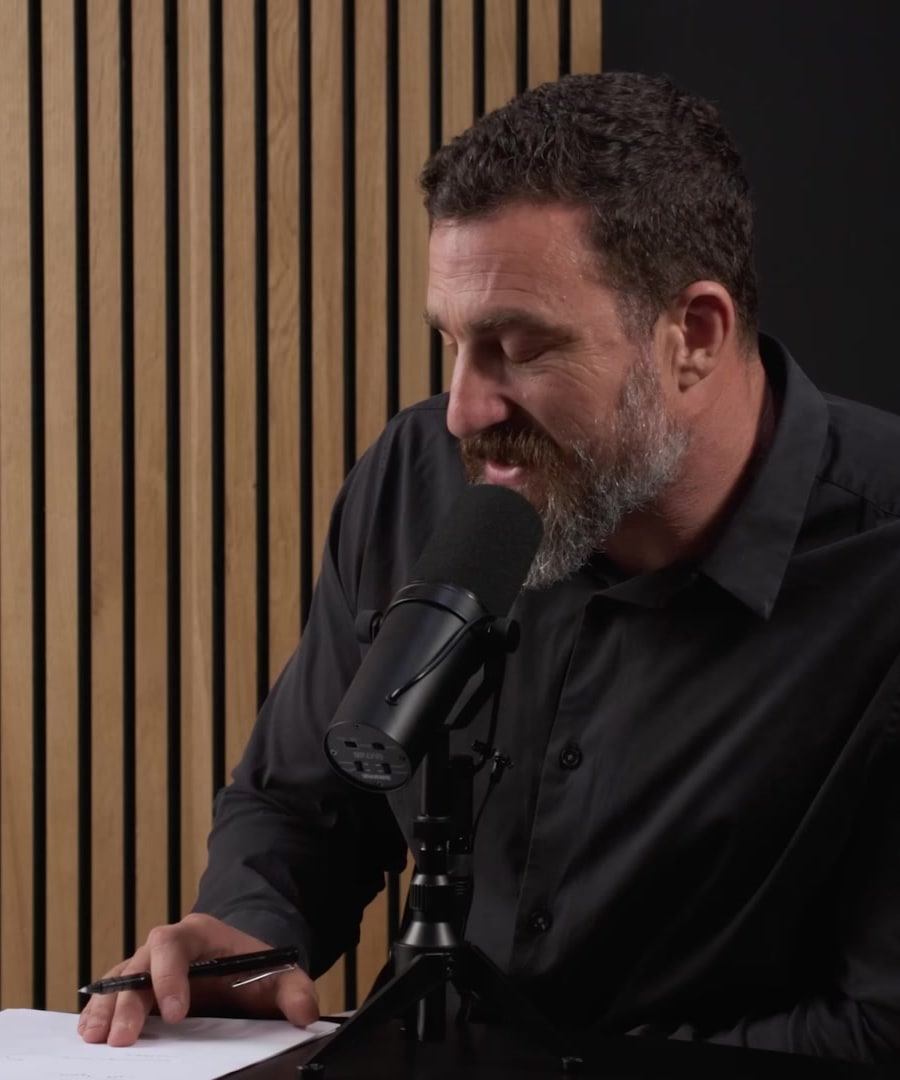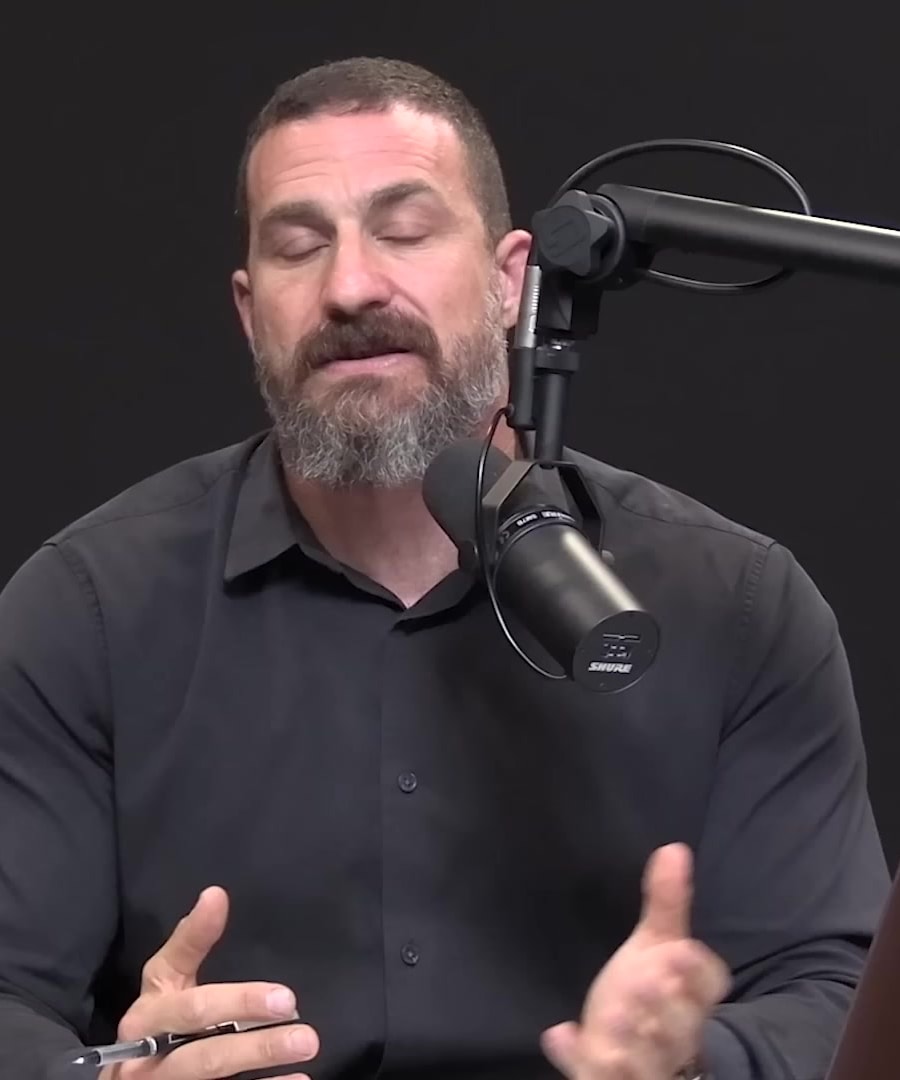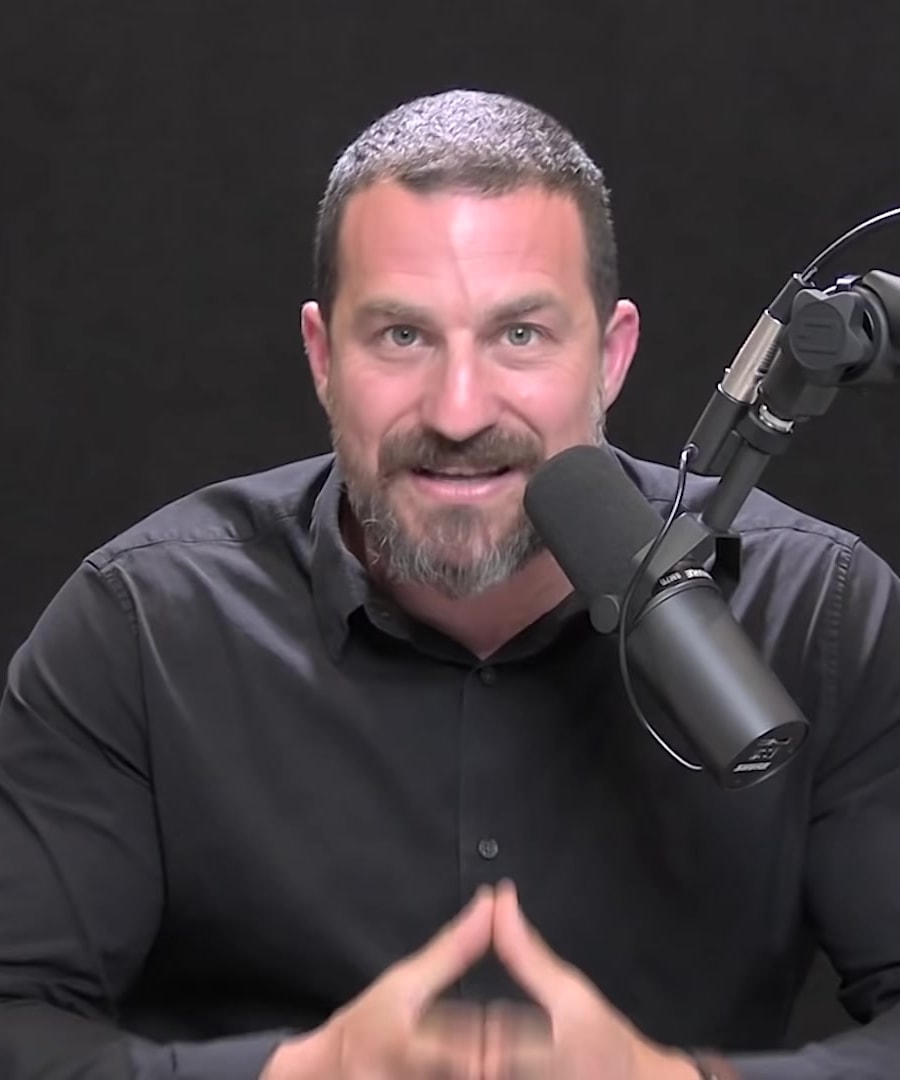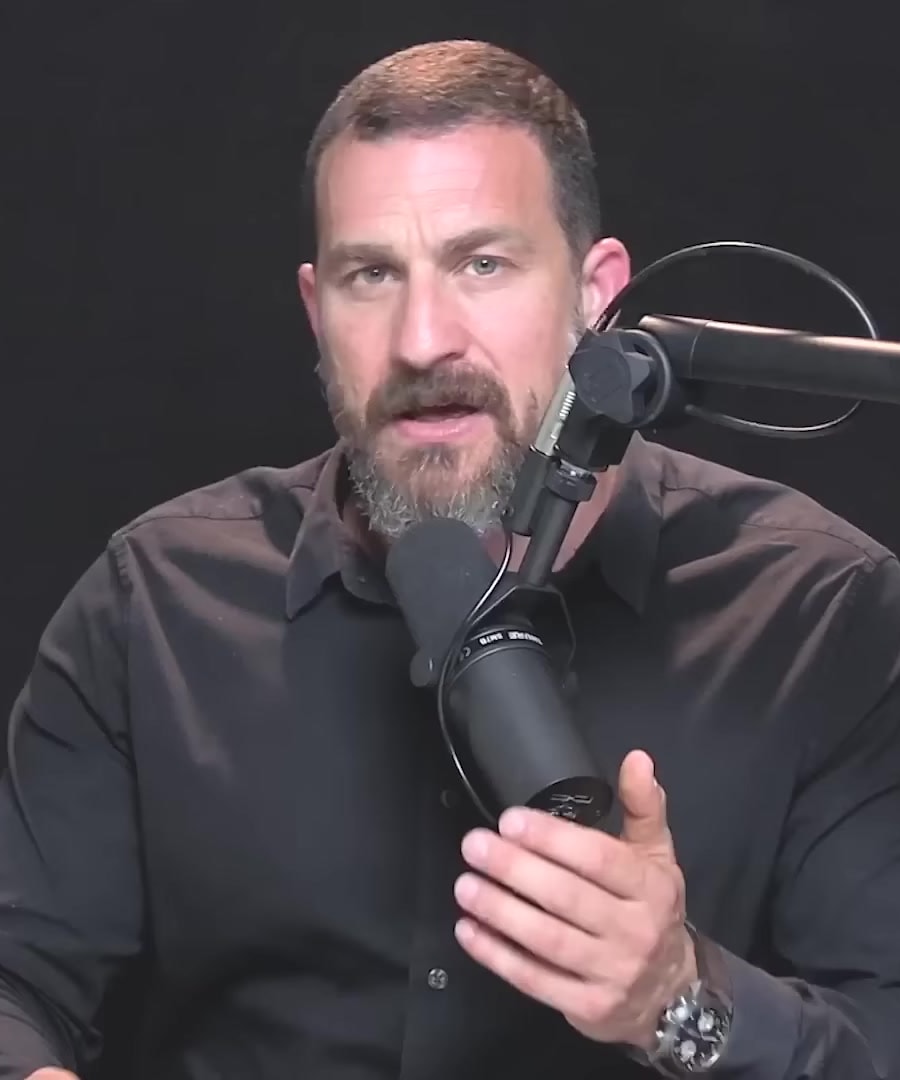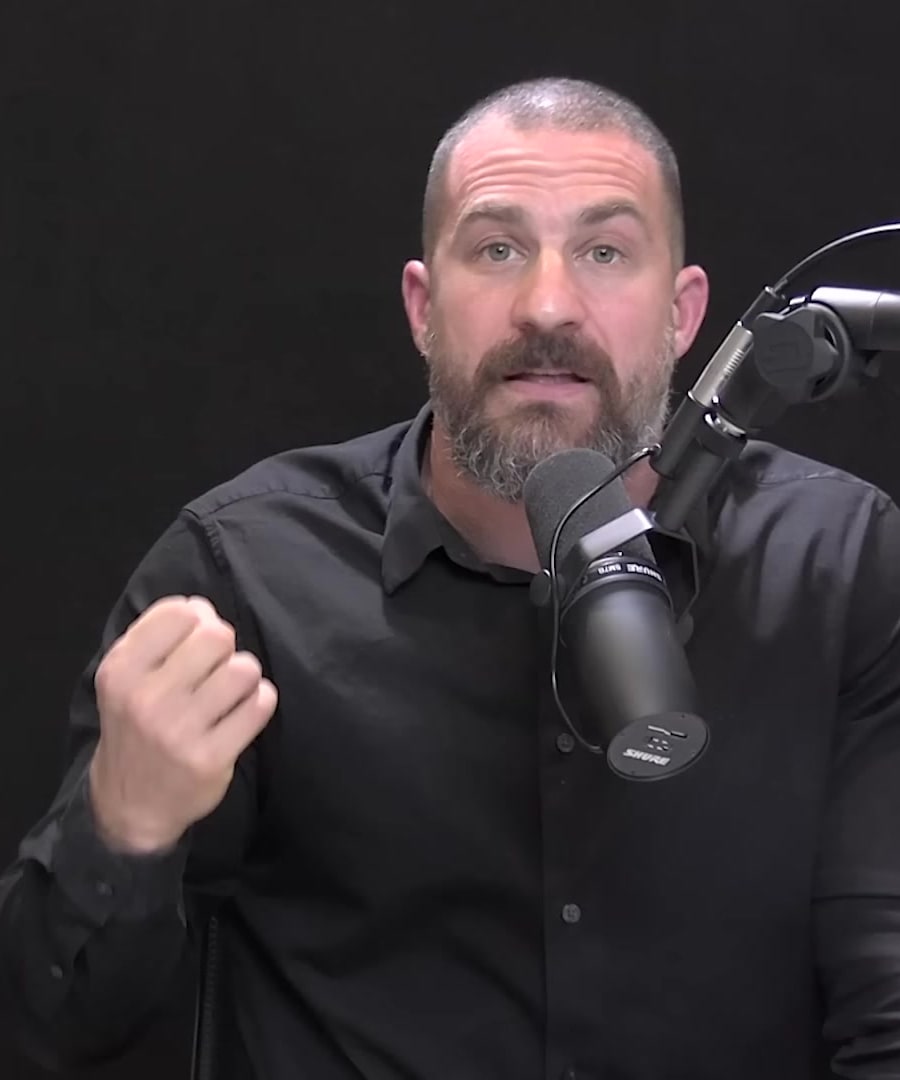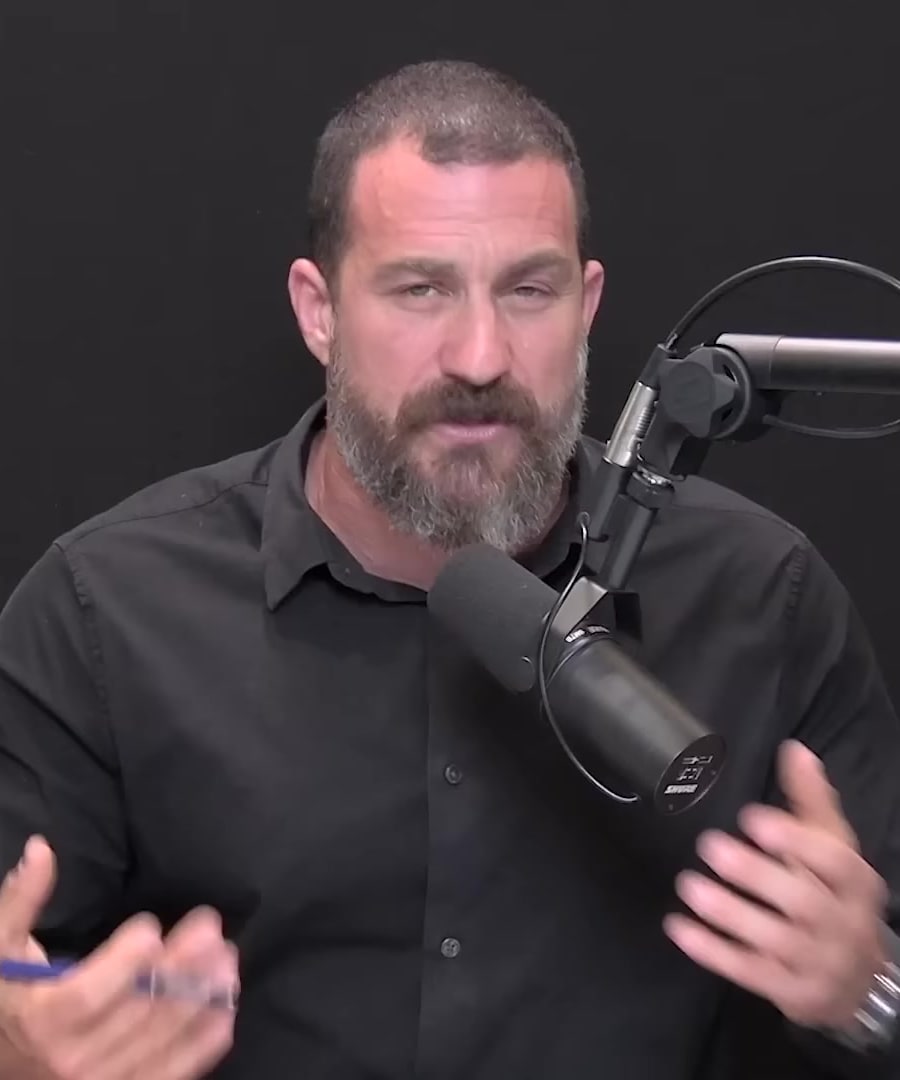Brain Processes
Sources:
Here are insights into various brain processes discussed by across different episodes of the :
-
Decision-Making and Forebrain: Decision-making activities, especially those requiring critical evaluations like choosing food or navigating social scenarios, heavily involve the prefrontal cortex. This part of the brain integrates memory with current context to influence our behaviors and decisions comprehensively 1.
-
Rule Storage and Frontal Lobes: The brain stores rules in a hierarchical fashion, primarily in the frontal lobes. This structure helps apply rules in various contexts and manage impulses, illustrating the brain’s essential role in structured thinking and behavior control 2.
-
Vision and Cognitive Processing: Initiation of vision occurs in the retina, which transforms light into electrical signals that the brain interprets, aiding in our visual perception and response to the environment. This process underscores the complex integration of sensory inputs in neural functioning 3.
-
Facial Recognition: Facial recognition and the corresponding emotional processing are linked to specific brain areas like the fusiform face gyrus. This area connects directly with regions involved in emotionality, playing a critical role in social interactions and emotional well-being 4.
-
Eye Accommodation: The brain's ability to adjust visual focus through eye accommodation impacts mental focus and cognitive performance, demonstrating the interconnectedness of physical and cognitive processes 5.
-
Memory and Grief Processing: Different neurons in the hippocampus play distinct roles in processing familiar places and proximity, which are integral during both memory formation and emotional experiences like grief 6.
-
Play and Neural Development: The activity during play significantly influences neurodevelopment, involving both the pruning of unnecessary neural connections and the strengthening of important ones. This process is pivotal in shaping adult behaviors and cognitive functions 7.
-
OCD and Neural Circuits: Studies on obsessive-compulsive disorder reveal specific neural circuits, involving areas like the cortex and striatum. These circuits manage action selection and impulse control, illustrating how particular brain pathways underlie certain psychiatric conditions 8.
These segments provide a detailed look into various brain processes and how they affect behaviors, emotions, and cognitive functioning, as discussed extensively in the context of the podcast.
RELATED QUESTIONS-

